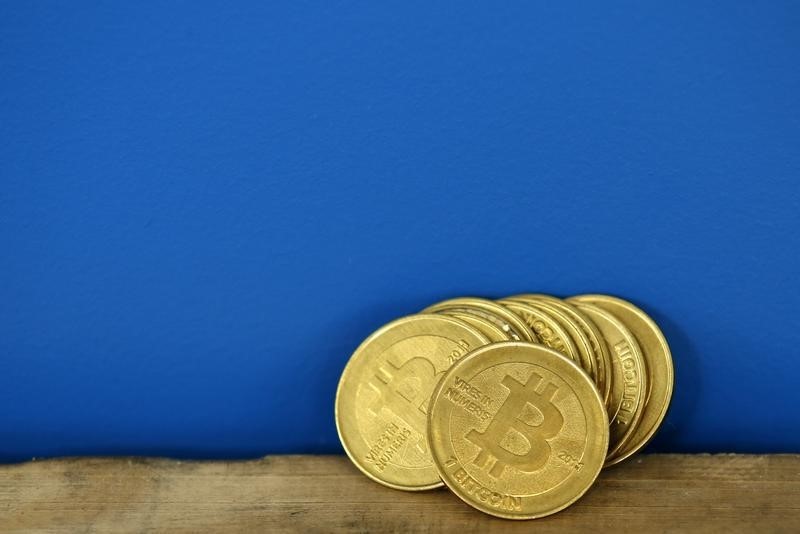Benzinga - In a dramatic turn of events, an attacker returned the entirety of funds stolen from a cryptocurrency whale in just a week.
What Happened: According to on-chain tracking platform, Lookonchain, the whale lost more than $70 million in Wrapped BItcoin (CRYPTO: WBTC) to a phisher who tricked them into sending their funds to an address that resembled their own.
A whale lost 1,155 $WBTC($71M) due to a phishing attack on May 3.A week later, the attacker returned all the funds.
How did it happen?
What should we pay attention to?
A thread tells you the whole story. pic.twitter.com/4FVwO631Qo
— Lookonchain (@lookonchain) May 12, 2024
The whale was trying to send their WBTC tokens purchased after the market dip on May 2. For this purpose, they created a new address.
The phisher, who was scrutinizing the victim's on-chain activities, started spamming them with transactions using an address with the same starting and ending letters.
The tactic, known in the crypto space as an address poisoning attack, works by tricking the victim into sending funds to a similar-looking address, which is exactly what happened.
Upon realizing that theft, the whale contacted the attacker, and tried to strike a deal to get the funds back. They offered the phisher 10% of the stolen funds, with the rest to be returned. However, there was no communication from the other side.
However, unexpectedly, the attacker replied to the whale on May 10, saying, "Please leave your Telegram and I will contact you." After this, the attacker returned all the funds.
Why It Matters: Cybersecurity agency Match Systems claimed that it helped the victim in quick recovery of the stolen cryptocurrencies.
The company underlined that the sooner victims seek assistance from experts in such circumstances, the better their prospects of receiving their funds in full.
As far as prevention was concerned, Lookonchain advised users to save trusted addresses in an address book and avoid copying addresses from transaction history. It also urged users to add a filter for small transactions as a safeguard against phishing efforts.
Photo by Igor Faun on Shutterstock
Read Next: Peter Schiff Says He Gets A ‘Kick’ Out Of Fanatics Accusing Him Of Secretly Owning Bitcoin: They Are ‘Drunk On The Kool-Aid’
© 2024 Benzinga.com. Benzinga does not provide investment advice. All rights reserved.
